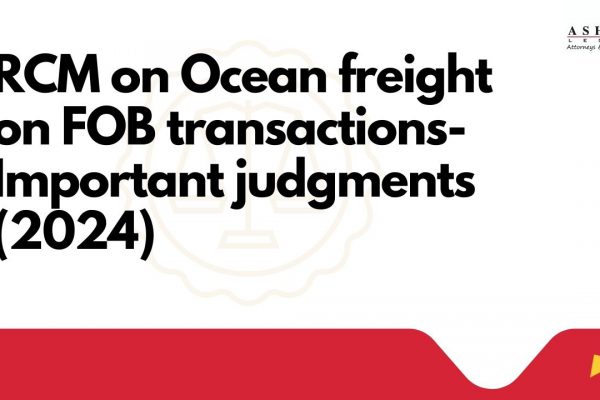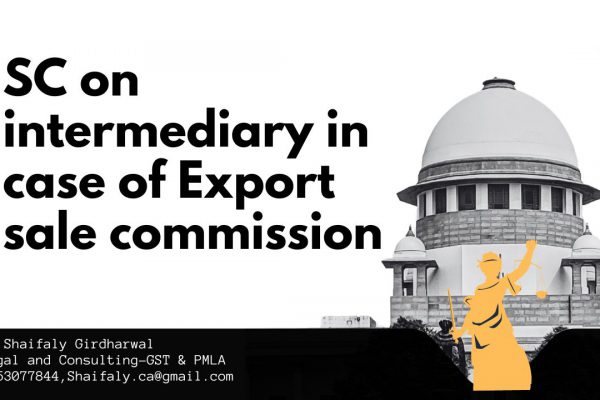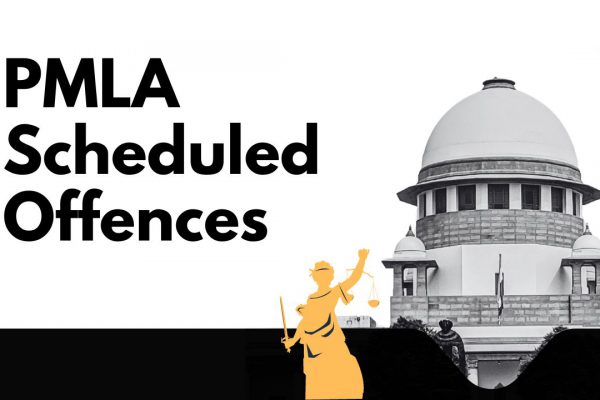Retain employees using ESOP scheme- Tax Implications
An employee stock option plan (ESOP) is an employee benefit plan that gives employees an ownership interest in the company.
It has various benefits for the company as well as to the employees
- ESOPs gives the right to own a part of the company to the employees also
- ESOPs are given at a discounted price which means that employees only pay a nominal amount for the shares.
- A part of the profit is distributed among the shareholders in the form of dividends, when employees get the shares of the company they can earn additional income as dividends which is a direct benefit of their efforts done for the growth & profitability of the company
There are different types of ESOPs
- Employee stock option scheme(ESOS): ESOS is the most commonly used form for employee ownership. The option granted confers a right but not an obligation on the employee. Stock options are subject to vesting, requiring continued service over a specified period of time. Upon vesting of options, employees can exercise the options to get shares, by paying the pre-determined exercise price.
- Employee stock purchase plan(ESPP): Employee Stock Purchase Plans allow employees to purchase Company’s shares, often at a discount from Fair Market Value. The terms of the Plan determine the tenure and price for possession of the Company’s shares by the Employees. Usually, ESPPs are being framed for offering shares as a part of public issues.
- Phantom stocks/SAR: It is a form of long-term deferred compensation using Company shares as the measuring device for calculating the value of the deferred compensation. It simulates the Company shares in everything except that does not represent true ownership.
- Restricted stock units(RSU): RSUs are stocks of the employer, given to the employee as mentioned in the employee’s compensation letter, without any contribution from the employee. However, such allotment of shares comes with certain restrictions, on the time frame to sell the same.
Here are some topics that can be covered in a PDF
- Importance of ESOP in a new era
- Types of ESOP’s
- ESOP lifecycle
- Do’s and Don’ts of ESOP
- How to issue ESOPs
- What are Startup companies
- BIGGEST MISTAKES MADE BY STARTUPS WHILE ISSUING ESOP’S
- Income tax provisions for ESOP expenses
- Tax to be withheld by corporates (TDS)
- Tax treatment for ESOP recipient
- Tax treatment for an employer in case of SAR
- Tax treatment of corporate w.r.t. SAR
- Possible scenarios in case employee assigned outside India
- FAQ’s
- Q & A session
The link to the download is below. This will be really helpful for getting all of these topics in one place, and it’s easy!
 optional file name
optional file name
If you already have a premium membership, Sign In.
 Rajat Mohan
Rajat Mohan
Delhi, India
CA. Rajat Mohan is Fellow Member of Institute of Chartered Accountants of India (F.C.A.) and Fellow of Institute of Company Secretaries of India (F.C.S.). Furthermore, he also has qualified post qualification course of Institute of Chartered Accountants of India on ‘Information Systems Audit’ (D.I.S.A.). He worked on GST implementation and transition for various Multinational corporations and Big Indian business houses. He has conducted workshops and trainings for more than 5000 professional and corporate executives on GST.


























